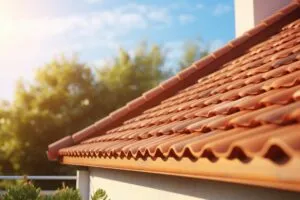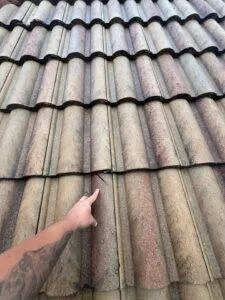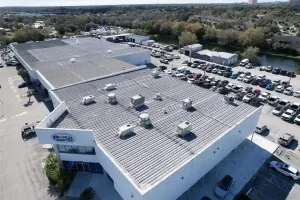Metal Vs Shingle Roofs, Which Stand Up Better Against Hurricanes?
For Florida homeowners, the threat of hurricanes is always looming. There is no way to guarantee the protection of your roof against hurricane damage, but it is important to have the best defenses in place to ensure the longevity of your roof. The type of roof or roofing materials can play a role in how well your roof will stand up to hurricanes.
Shingle and metal roofs are two of the most common types of roofs for homes. When it comes to hurricane resistance, metal roofs generally perform better than shingle roofs. But having a metal roof is not a fool-proof solution. Doing research and working with your contractor is important to find the best solution for your home.
With that in mind, here are some reasons why metal roofs are often considered better against hurricanes:
- Wind resistance: Metal roofs are more durable and have higher wind resistance compared to shingle roofs. They are less likely to be blown off or damaged by high-speed hurricane winds.
- Impact resistance: Metal roofs are better able to withstand flying debris during hurricanes, which is a common cause of roof damage in these storms.
- Lightweight: Metal roofs are generally lighter than shingle roofs, reducing the overall load on the structure. This can be particularly advantageous in areas prone to hurricanes, where the high wind forces can exert significant pressure on the roof.
- Longevity: Metal roofs tend to have a longer lifespan than shingle roofs, which means they might require less frequent replacement after a hurricane.
- Fire resistance: Metal roofs are non-combustible, offering an added advantage in areas where wildfires might occur after a hurricane.
However, there are some considerations to keep in mind:
- Proper installation: Regardless of the roofing material, proper installation is crucial for withstanding hurricanes. Make sure to hire a reputable and experienced roofing contractor who understands the specific requirements for hurricane-prone regions.
- Maintenance: Regular maintenance and inspections are necessary for any roof to ensure it remains in good condition and can withstand extreme weather events.
- Building codes: Some hurricane-prone regions have specific building codes and regulations that dictate the type of roofing materials allowed. Always check with local authorities before making a decision.
If you live in an area prone to hurricanes, it’s essential to consider these factors and consult with a roofing professional to determine the best roofing solution for your specific circumstances. Additionally, other measures, such as reinforcing the roof structure and ensuring proper anchoring, are also important for enhancing the overall hurricane resistance of your home.


